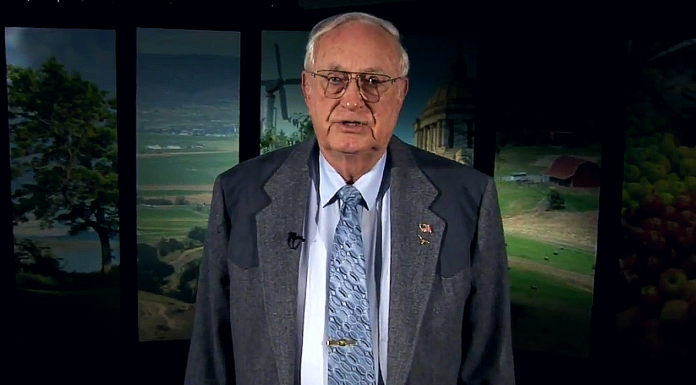() A new bill introduced in the Washington state legislature would keep the state in standard time all year, meaning residents would not have to change their clocks every March and November.
Senate Bill 5511, sponsored by Sen. Jim Honeyford, R-Yakima County, says that if passed, Washington would stay on standard time “until Congress authorizes states to observe daylight saving time year-round.”
The 2022 legislative session begins Jan. 10 and will run for 60 days.
States wanting to observe daylight saving time all year need either a waiver from Congress or approval from the U.S. Department of Transportation. States can, however, choose to follow standard time year-round without approval from the federal government.
Arizona and Hawaii are the only two states that currently do so.
According to Honeyford’s website, he has long been a proponent for a move to permanent daylight saving time. A 2019 bill passed in the Washington state legislature said the state would make such a change if Congress approved.
“The bill that ultimately passed will do nothing until Congress passes legislation to end daylight saving time,” Honeyford said in a statement at the time. “My original proposal would have left us on standard time and ended the switching back and forth, which has a negative impact on the health and safety of Washingtonians.”
His new bill states that “changing to and from daylight saving time twice per year has negative impacts on public health, increases traffic accidents and crime, disrupts agricultural scheduling, and hinders economic growth.”
Language in the bill goes on to say that studies have shown a greater risk of heart attacks, more workplace injuries and increased suicide rates occurring in the days following the twice-yearly time change.
At the federal level, Honeyford supports a proposal by Florida Sen. Marco Rubio, R-Fla., as does Washington Sen. Patty Murray, D-Wash.
Called the Sunshine Protection Act, the bill would keep the entire country on daylight saving time year-round.
“I’ve worked for several years to get the policy right and build support in other states and even British Columbia to present a unified front in the change to permanent daylight saving time,” Honeyford said in a 2020 statement.
“My counterparts in Oregon, California and British Columbia agree that it is important for the economic, physical and mental well-being of our constituents that the antiquated and destructive practices of springing forward and falling back be ended once and for all,” he added.

